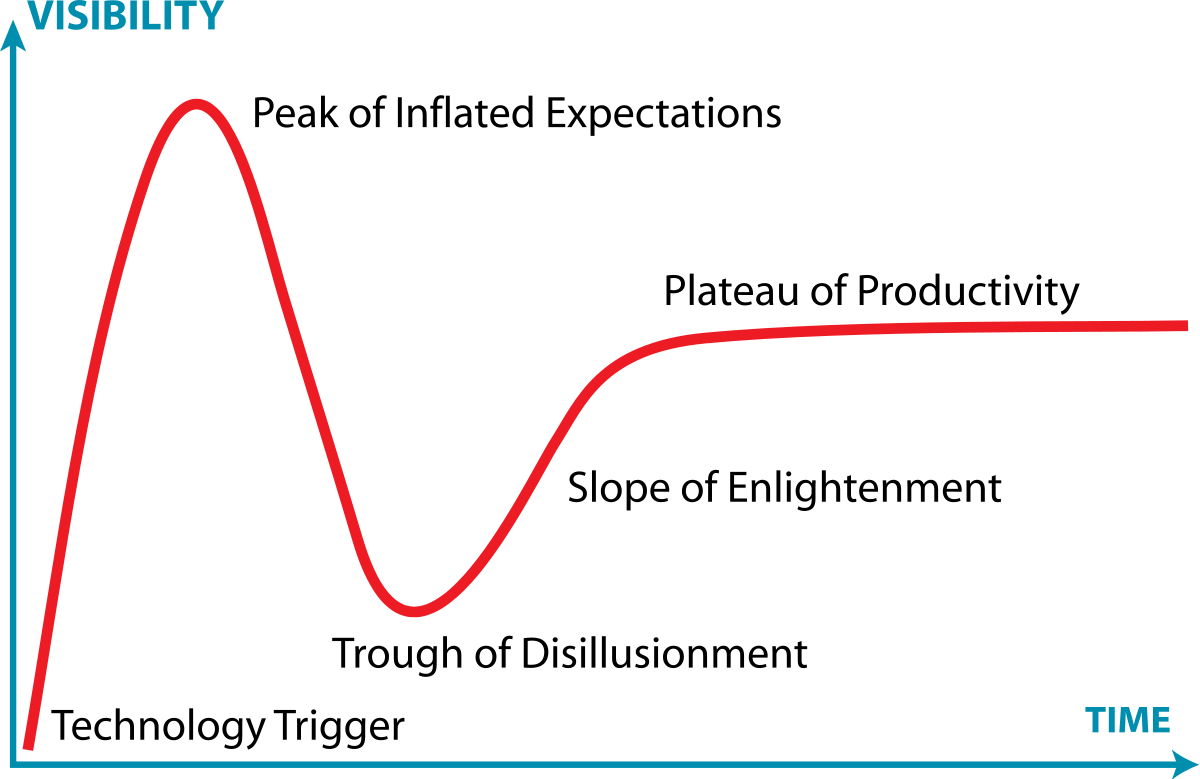Older adults can save tens of thousands of dollars annually by choosing assisted living communities over aging in place in their homes.
Unlike point solutions, Inspiren unifies resident safety, care planning, staffing, and emergency response into a single AI-powered platform.
An artificial intelligence-powered virtual assistant platform for senior living and care providers.

 AI use in care delivery and marketing is not new - it just seems that way. Most would agree: AI is the hottest segment in the technology market today. It is beginning to emerge even in market segments that may have been slow to see (or seize) the opportunity. In healthcare, there are
AI use in care delivery and marketing is not new - it just seems that way. Most would agree: AI is the hottest segment in the technology market today. It is beginning to emerge even in market segments that may have been slow to see (or seize) the opportunity. In healthcare, there are  Even Bing and ChatGPT have lousy answers. In fact, as lives lengthen, data about aging individuals dwindles inversely. Don’t believe it? Start searching for recently surveyed data about individuals aged 75+. Use the usual searches for income, marital status, housing status, tech ownership. Go ahead – give Bing and ChatGPT a try too – for example, smartphone ownership in the US among those aged 75+. Data returned was from 2017, with an apology that nothing more recent was available. You would think this was an easy question -- Bing knew it and was sorry about the lack of current info, which none of the other usual sources have either.
Even Bing and ChatGPT have lousy answers. In fact, as lives lengthen, data about aging individuals dwindles inversely. Don’t believe it? Start searching for recently surveyed data about individuals aged 75+. Use the usual searches for income, marital status, housing status, tech ownership. Go ahead – give Bing and ChatGPT a try too – for example, smartphone ownership in the US among those aged 75+. Data returned was from 2017, with an apology that nothing more recent was available. You would think this was an easy question -- Bing knew it and was sorry about the lack of current info, which none of the other usual sources have either. Accessibility and usability – who knew they were different? The term (and features) arose from the
Accessibility and usability – who knew they were different? The term (and features) arose from the 
 Rant on. Signing on to my bank account on a computer – there is that
Rant on. Signing on to my bank account on a computer – there is that 
 Technology trackers, don't quit your day job yet. But forward motion is detectable. Asked: "What AI technologies are available today to help older adults?" Learning about the interpretation of the question and the selection of responses is interesting. The result of good PR from the companies named? How should marketers view content creation in this new world? Does it depend on a loose definition of what is AI? All of the above? It's a good idea that intermediaries will be required to assess the utility of the responses and the offerings that present them, at least in the short term. But here are answers:
Technology trackers, don't quit your day job yet. But forward motion is detectable. Asked: "What AI technologies are available today to help older adults?" Learning about the interpretation of the question and the selection of responses is interesting. The result of good PR from the companies named? How should marketers view content creation in this new world? Does it depend on a loose definition of what is AI? All of the above? It's a good idea that intermediaries will be required to assess the utility of the responses and the offerings that present them, at least in the short term. But here are answers: